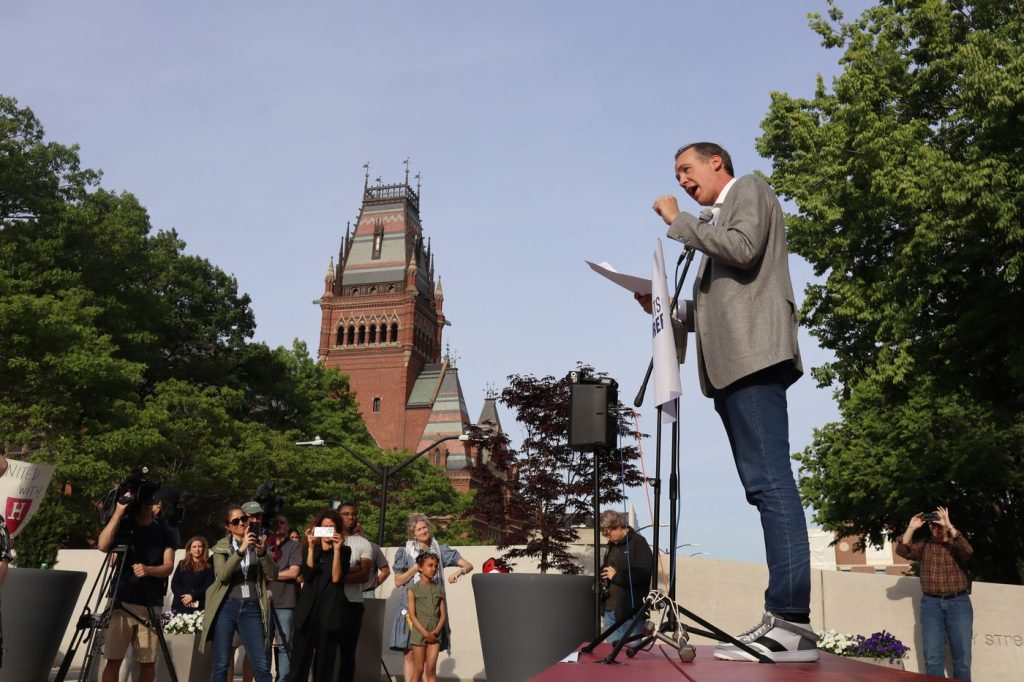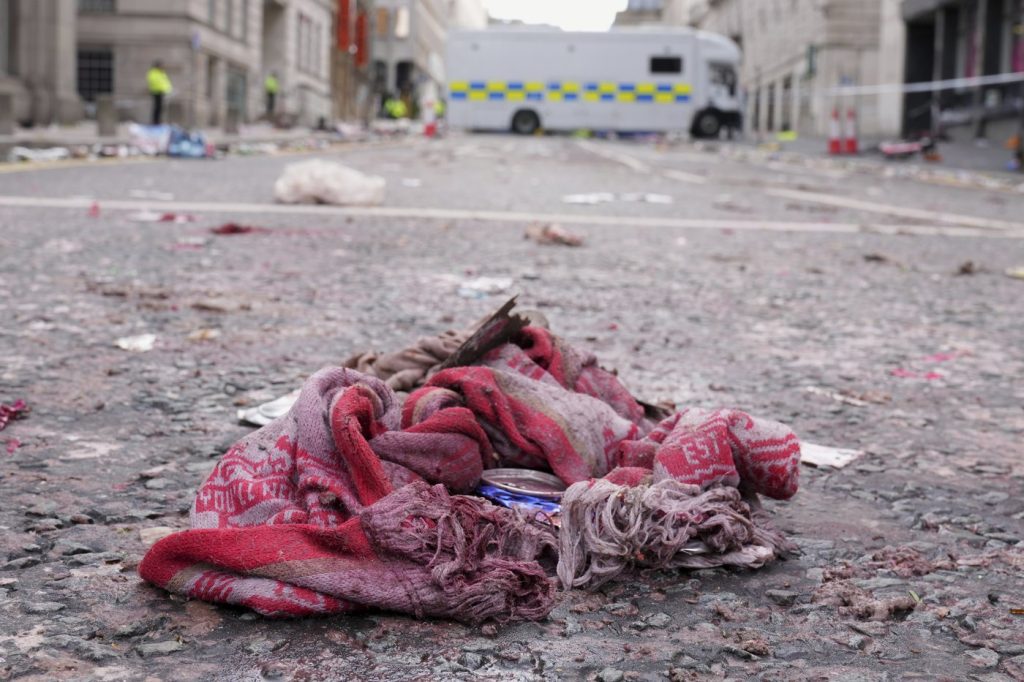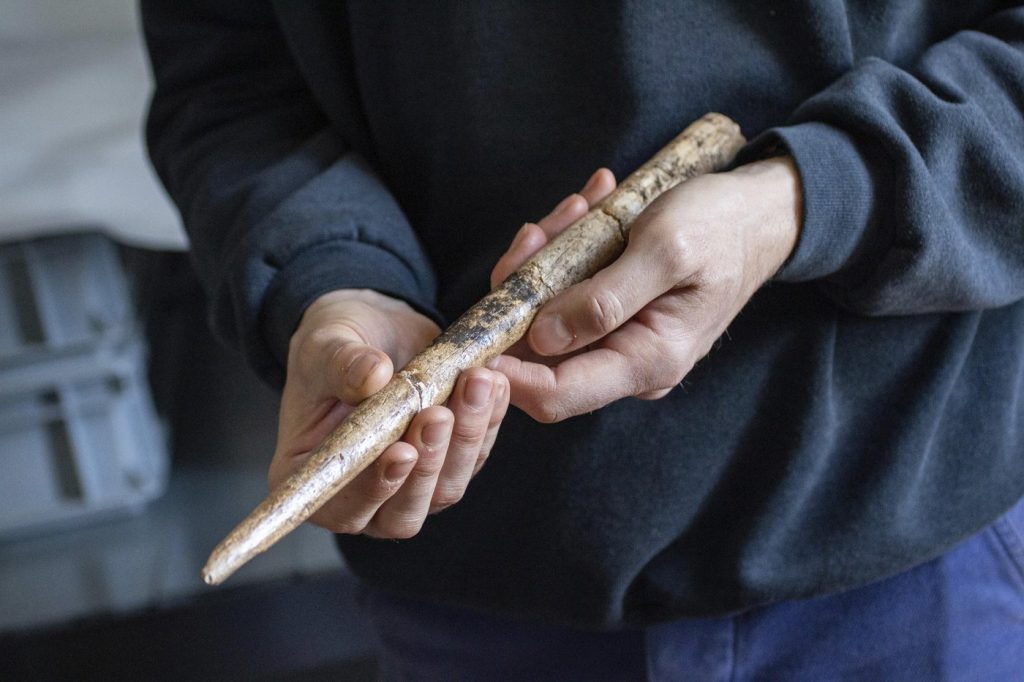On Tuesday, the Trump administration escalated its ongoing conflict with Harvard University by requesting that federal agencies cancel contracts valued at approximately $100 million. This request came on the heels of over $2.6 billion in federal research grants that had already been terminated for the Ivy League institution, which has resisted the administration's demands for policy changes.
The General Services Administration (GSA) issued a letter instructing federal agencies to scrutinize their contracts with Harvard and to explore alternative vendors. The New York Times first reported on the existence of this letter. The president’s criticism has been particularly pointed, labeling Harvard a "hotbed of liberalism and antisemitism." In response, Harvard filed a lawsuit on April 21, challenging the administration's attempts to modify its leadership, governance, and admissions policies.
In total, around 30 contracts across nine federal agencies have been marked for review, as confirmed by an anonymous administration official. These contracts encompass various services, including executive training for Department of Homeland Security personnel, studies on health outcomes tied to energy drinks, and graduate student research services. However, agencies are advised not to terminate these critical contracts immediately but to devise plans for transitioning to other vendors.
It is important to note that the letter from the GSA pertains solely to federal contracts with Harvard and does not affect its other research grants. The current administration has also threatened to reallocate an additional $3 billion in federal grants from Harvard to trade schools, though specifics regarding which grants are involved or how the funds could be repurposed remain unclear.
In recent social media posts, Trump has accused Harvard of withholding the names of its international students, asserting that these students do not contribute to the university's funding. His comments raise concerns over the involvement of students from nations perceived as "not at all friendly to the United States." Although international students are ineligible for federal financial aid, Harvard does offer its own financial assistance to both international and domestic students.
Trump's administration has been demanding that Harvard provide a substantial amount of data on its international students, including records of any disciplinary actions or associations with "dangerous or violent activity." Harvard asserts that it has complied with various requests, though the Department of Homeland Security claims the university's response was inadequate and moved to suspend Harvard’s ability to enroll international students. A federal judge has temporarily blocked this action after Harvard's legal challenge.
Harvard officials maintain that allegations regarding antisemitism on campus, purportedly linked to some international students, should not be conflated with the administration’s actions. Jacob Miller, a former president of Harvard Hillel, underscored at a rally the distinction, emphasizing that punitive policies will not effectively address antisemitism and can exacerbate division within the community.
Harvard President Alan Garber stated earlier this month that the university has made significant governance changes over the past year and a half, including efforts to combat antisemitism. He reiterated that the institution will uphold its legally protected principles despite external pressures.
Meanwhile, international students currently enrolled at Harvard are in a state of uncertainty as they await further court decisions regarding their ability to participate in upcoming summer or fall classes. Some have begun considering alternative options for their education. However, students graduating this week, such as Jemma Liu from China, are not impacted by the existing policy ban and are looking forward to their graduation.
Responses from abroad include moves by Japan's government, which is exploring ways to support Harvard's foreign students, with some universities in Japan and Hong Kong extending offers to accommodate students affected by the Trump administration's actions.
On the Harvard campus, sentiments are mixed. Law student Carson Durdel expressed pride in the university's stand against the administration, arguing that intellectual independence is a fundamental strength of the United States, critical for its global standing.












